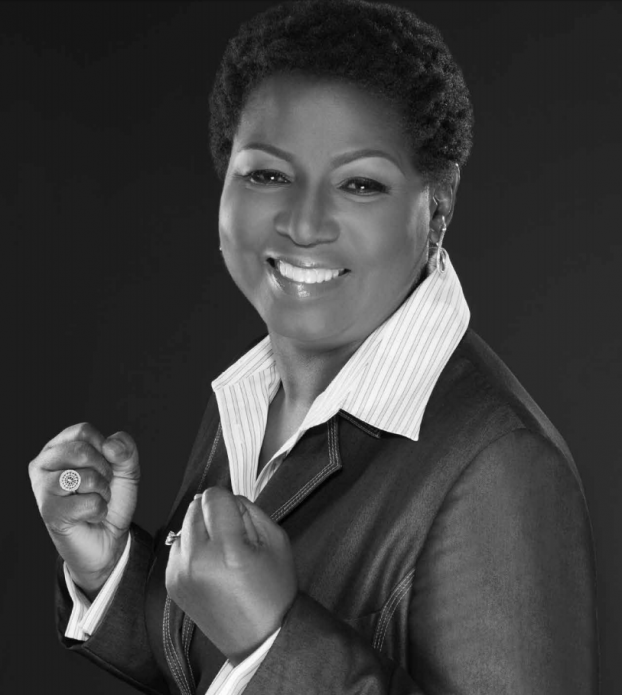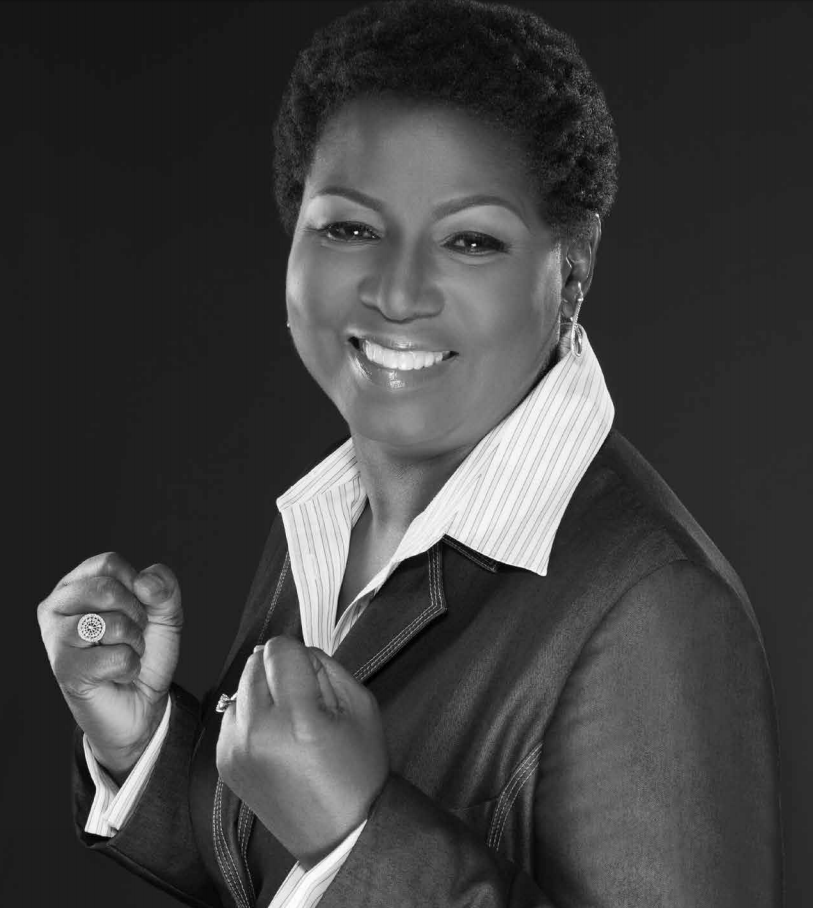
Pierrette Talley, affectionately referred to as “Petee” by those around her, is not a morning person.
She’s similar to so many of us in that way. There are days where we dread waking up, so we plead for the sun to go back down, if only for a few more moments of sleep. But for Petee, her disgruntled feelings in the morning are soon replaced by a deep seated passion stemming from her commitment to justice.
As the morning news rolls in, she often sees a politician viciously attacking unions, placing them into their crosshairs. Or tragically, another unarmed black child, man, or woman is gunned down in the streets.
From that moment on, there is no question about what needs to be done – she’s all in. “There’s dragons to slay,” she tells me “We are fighting very powerful interests. We have to fight harder than the other side.”
For Talley, the secretary-treasurer of the AFL-CIO Ohio and the highest ranking black woman in that organization’s history, no challenge is too great for unions to overcome.
As a black woman who put herself through college after a rewarding 10-year career with AFSCME, she knows unions can be bastions of opportunity for career advancement. But, she notes, although black women participate in unions at high rates, they’re underrepresented in terms of leadership positions. Her success in leadership is an exception rather than a rule.
However, the moment to change this has presented itself, she says.
The growing awareness of black women’s commitment to union activity has created an opportunity for them to demonstrate their extensive capabilities and dedication. For Talley, this allowed her to advance from secretary to community organizer. It’s put her career on an upward trajectory that’s led her to the second-in-command position at the AFL-CIO Ohio.
One cannot overstate the mutually beneficial relationship between black women and unions. Unionized employers have historically provided black workers with higher wages and benefits than non-unionized employers. For this reason, black workers cannot afford to lose out on organized labor. “Black workers in particular have found it very difficult to participate in this economy,” she explains. “No [non-union] employers were paying sustainable wages to any worker without unions.”
The black middle class could not and would not exist without unions. Conversely, the dynamism and security of the American middle class is only bolstered by the existence of a robust black middle class. These are important virtues that must be the focal point of today’s conversations surrounding labor, as unions brave relentless political assaults.
Most notably, the Supreme Court case Frederich vs. the California Teacher Association threatens to upend labor as we know it. It seeks to allow non-union members in unionized workplaces — people who benefit directly from the efforts and activities of organized labor — to abdicate their financial responsibility of paying dues, threatening organized labor’s financial solvency.
“We as a movement have operated on a concept that everybody has to pay their fair share of the benefit they receive from labor. Frederich is designed to interrupt that concept,” she says. “The movement as a whole would have to spend much more of their resources being a union rather than doing the work a union should.”
Nobody knows how the highest court in the land will rule, given the recent passing of Justice Scalia. But with forward thinking leaders like Petee Talley, labor will be well-prepared to weather any storm.
Talley constantly reinforces the ideas of togetherness and personal investment, even in the face of political hazards. She believes that all union members must be of the mentality that they have skin in the game — and political participation, whether at the polls or knocking on doors, is an obligation each member must share.
Organized labor and its many members have an essential role to play in protecting the economic rights of the many against the few. Unions have a long history of tirelessly advocating for higher wages, better working conditions, fair hours, and a healthy lifestyle. Talley recognizes that the only way to secure a prosperous future is through the political engagement that unions encourage, which in turn allows our democracy to thrive.
Petee Talley is adamant in her work for economic justice. And more importantly, she’s a pivotal role model of the excellence black women can achieve when given the opportunity to lead. She embodies the spirit of which unions are founded on — the same spirit that built this country’s middle class.
Petee Talley was interviewed as part of the And Still I Rise series. A project of the Institute for Policy Studies, ASIR lifts up the work of black women leading the labor movement.
